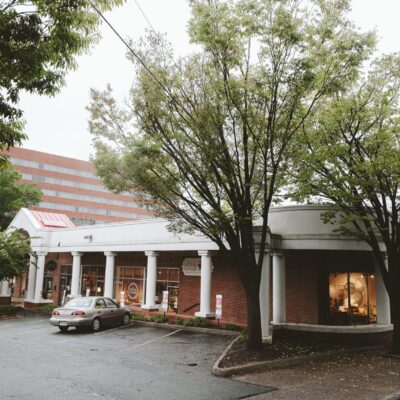 Chaplain Gordon Klingenschmitt, a lieutenant in the U.S. Navy, disobeyed orders when he appeared in uniform at a Washington, D.C. protest on March 30 and offered a prayer “in Jesus’ name.” Klingenschmitt was court marshalled on September 14, and received a suspended fine and a reprimand.
Chaplain Gordon Klingenschmitt, a lieutenant in the U.S. Navy, disobeyed orders when he appeared in uniform at a Washington, D.C. protest on March 30 and offered a prayer “in Jesus’ name.” Klingenschmitt was court marshalled on September 14, and received a suspended fine and a reprimand.
“Three little words,” says John Whitehead of Charlottesville’s Rutherford Institute, a civil rights litigation firm, in regards to Klingenschmitt’s Jesus invocation. “Can any body of government prescribe how people pray?”
Klingenschmitt’s superior officer informed the chaplain that wearing a Navy uniform during a media appearance required permission, but wearing it during a “bona fide worship service” did not. Klingenschmitt told media sources that he viewed the press conference as a religious service.
On October 25, William P. Farley, attorney for the Rutherford Institute, submitted a complaint that requests the Navy keep Klingenschmitt on board, and stop “promoting the one non-sectarian, Unitarian, Pluralistic religion.”
Whitehead points out two issues in the Navy’s case. The first is a technical issue involving procedure. The second issue addressed in the complaint is one of First Amendment rights to freedom of expression and belief—one that Whitehead says “could make the Supreme Court.”
“[The Klingenschmitts of the world] are the kind of people who risk their careers for principles,” Whitehead says. “They are the last vestige of the ‘spiritual’ in politics.”
When asked to differentiate between “spirituality” and “religion,” Whitehead says that “‘religion’ means ‘rules.’ Spirituality is harder to find. Politicians are more religious than spiritual today.”





